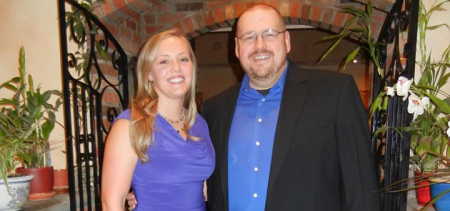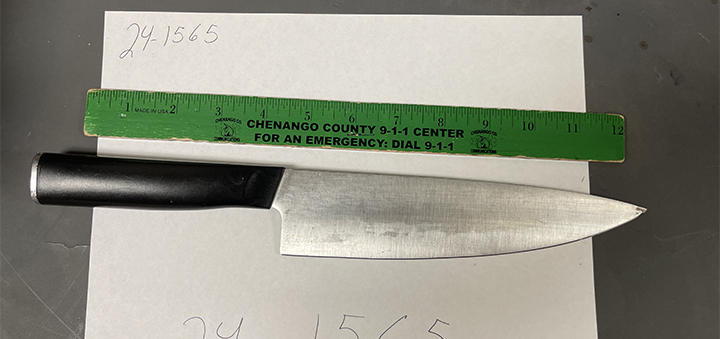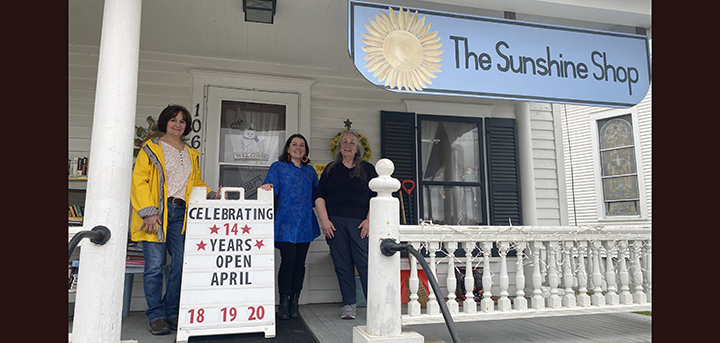Time To Return Edward Snowden With Honor And A Pardon
Published:
January 8th, 2014
By: Nat Hentoff, NEA Columnist
I often disagree with The New York Times' lead editorials -- they're too loftily liberal rather than libertarian, which is what I am. But much of the paper's recent editorial that defended Edward Snowden got to the core of the historic public service the former National Security Agency contractor performed.
In return for all his efforts, President Barack Obama wants to charge Snowden with espionage and a long prison term, which has caused him to seek refuge abroad.
The Jan. 2 editorial began: "Seven months ago, the world began to learn the vast scope of the National Security Agency's reach into the lives of hundreds of millions of people in the United States and around the globe, as it collects information about their phone calls, their email messages, their friends and contacts, how they spend their days and where they spend their nights" ("Edward Snowden, Whistle-Blower," The New York Times, Jan. 2).
And crucial to judging Snowden are the NSA's mass illegalities, which he exposed:
"The NSA broke federal privacy laws, or exceeded its authority, thousands of times per year, according to the agency's own internal auditor.
"The agency broke into communications links of major data centers around the world" -- including those of our allies against terrorism -- "allowing it to spy on hundreds of millions of user accounts ...
"The NSA systematically undermined the basic encryption systems of the Internet, making it impossible to know if sensitive banking or medical data (my italics) is truly private, damaging businesses that depended on this trust.
"His leaks revealed that James Clapper Jr., the director of national intelligence, lied to Congress when testifying in March that the NSA was not collecting data on millions of Americans. (There has been no discussion of punishment for that lie.)"
At this point, think of how our founders would have judged Edward Snowden. Imagine how James Madison, Thomas Jefferson and Samuel Adams would have reacted to what Snowden has revealed -- and continues to reveal -- as the NSA's ever more massive felonies continue.
They would respond, I believe, with respect and companionship.
As for the NSA's delight in inventing new ways to even further disintegrate our privacy in this digital age, Leonard Greene of the New York Post reported:
"Big Brother is getting bigger. The National Security Agency is hard at work on a computer that could break nearly every kind of encryption used to protect banking, medical, business and government records around the world.
"According to documents unloaded by leaker Edward Snowden, the loose-lipped former NSA contractor, the agency is secretly (of course) developing a 'quantum computer' that would be able to bypass secure Web sites, including those hosted by foreign governments."
This is "according to an internal document provided by Snowden" that was given to The Washington Post ("NSA developing computer to crack any encryption," Leonard Greene, New York Post, Jan. 3).
Meanwhile, Glenn Greenwald, who helped spread Snowden's revelations, commented on the young man's rescuing of our rule of law in an article from which I first reported on last summer:
"Numerous polls taken since our reporting on previously secret NSA activities first began have strongly suggested major public opinion shifts in how NSA surveillance and privacy (invasions) are viewed" ("Major opinion shifts, in the U.S. and Congress, on NSA surveillance and privacy," Glenn Greenwald, The Guardian, July 29, 2013).
Greenwald continued: "A new comprehensive poll released ... by (the reliable) Pew Research provides the most compelling evidence yet of how stark the shift is.
"Among other things, Pew finds that 'a majority of Americans -- 56 percent -- say that federal courts fail to provide adequate limits on the telephone and Internet data the government is collecting as part of its anti-terrorism efforts.'"
And dig this: "'An even larger percentage (70 percent) believes that the government uses this data for purposes other than investigating terrorism.'
"Moreover, '63 percent think the government is also gathering information about the content of communications.'"
Added Greenwald: "That demonstrates a decisive rejection of the U.S. government's three primary defenses of its secret programs: there is adequate oversight; we're not listening to the content of communication; and the spying is only used to Keep You Safe.
"But the most striking finding is this one: 'Overall, 47 percent say their greater concern about government anti-terrorism policies is that they have gone too far in restricting the average person's civil liberties ... This is the first time in Pew Research polling that more have expressed concern over civil liberties than protection from terrorism since the question was first asked in 2004' ...
"This Pew visual underscores what a radical shift has occurred from these recent Pew disclosures."
Furthermore, that awakening news shows Snowden's key importance to We The People regaining our self-governance in this republic.
As constitutional scholar Bruce Fein, an alumnus of President Ronald Reagan's legal staff, told Peter Baker of The New York Times: "Calling government to account for breaking the law is a compelling civic duty of all citizens" ("Moves to Curb Spying Help Drive the Clemency Argument for Snowden," Peter Baker, The New York Times, Jan. 5).
So how can Edward Snowden's revelations be considered espionage?
Nat Hentoff is a nationally renowned authority on the First Amendment and the Bill of Rights. He is a member of the Reporters Committee for Freedom of the Press, and the Cato Institute, where he is a senior fellow.
Comments






